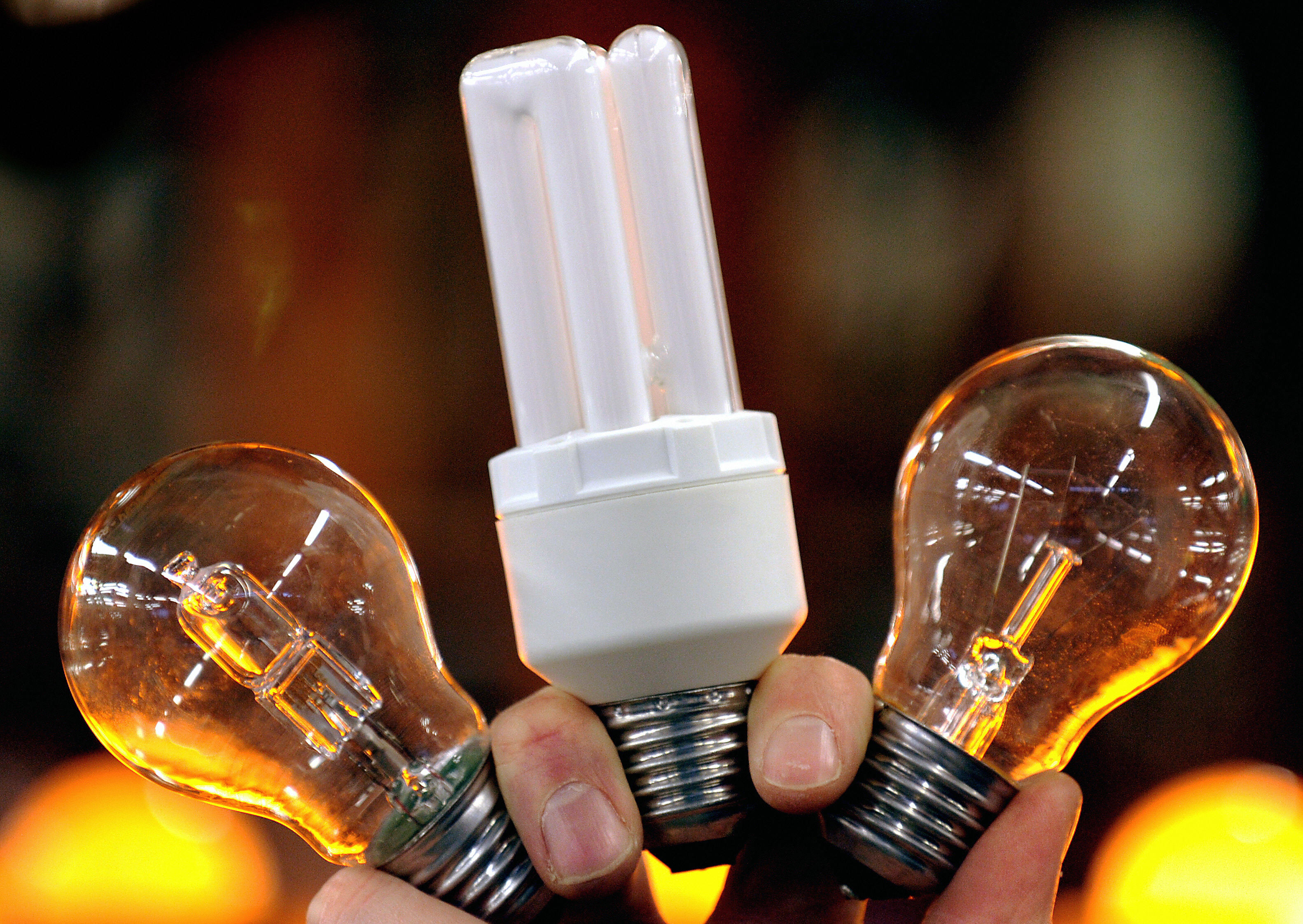Two Saudi oil-pumping stations affiliated with the east-west pipeline had been hit by explosive-laden drones, Saudi Minister of Energy, Industry, and Mineral Resources, Khalid Al-Falih, said on Tuesday.
Al-Falih described the attack as “an act of terrorism” that targeted global oil supplies. This is the latest development since Saudi ships were attacked near the United Arab Emirates territorial waters.
It comes a day after Riyadh said two of its oil tankers were among four vessels attacked off the coast of the UAE on Sunday.
The minister, however, did not vocally accuse the Houthis of executing the attack.
Nevertheless, Al-Falih was quoted by Reuters saying that Saudi oil outputs and exports for crude and refined products were continuing without disruption. The agency added that that the state oil giant Aramco had halted oil pumping in the pipeline while the damage was evaluated, and the stations were repaired.
He added that a fire broke out in one of the stations as a result of the attack, but was quickly contained.
Al-Falih added that the drone attack was conducted with the aim of disrupting world oil supplies.
The energy minister said that Saudi oil production and exports will still continue uninterrupted, adding that the attack “proves the importance of confronting all terrorist organisations.”
In the same context, Al-Masirah, a television station run by Yemen’s Houthi group, said on Tuesday it had launched drone attacks on Saudi installations, without identifying the targets.
Al-Masirah report cited a Houthi military official as saying that “seven drones carried out attacks on vital Saudi installations.” On Twitter, Al-Masirah cited the official as saying, “This large military operation is in response to the continued aggression and blockade of our people and we are prepared to carry out more unique and harsh strikes.”
The Houthis have repeatedly launched drone and missile attacks on Saudi Arabia and claimed to have launched drone attacks on the UAE. A Sunni-Muslim coalition led by Saudi Arabia intervened in Yemen in March 2015, to push back against an advance by the rebels and restore power to President Abed Rabbo Mansour Hadi.
In December 2018, UN secretary-general Antonio Guterres said Yemen’s warring factions had agreed on measures for the embattled Red Sea province of Hodeida, including a ceasefire for its rebel-held port city, part of a key conduit blocked in the past for humanitarian aid deliveries.




